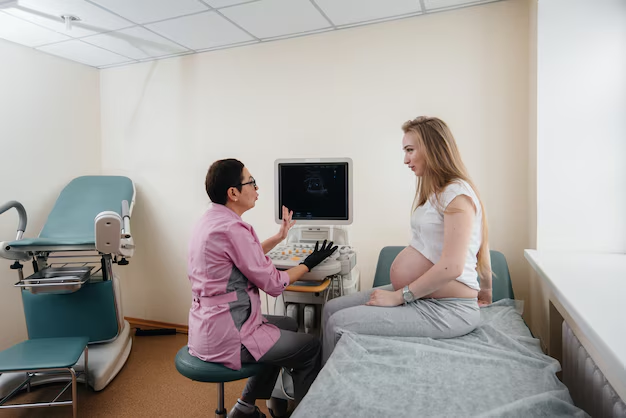How to Become an OBGYN Sonographer: Degrees, Certifications, and Licenses
Aspiring to become an OBGYN sonographer can lead you into a rewarding career within the healthcare sector, blending technology and patient care. This specialized field requires a foundation in education and certification to ensure you are well-equipped to perform detailed and accurate ultrasound examinations. Most employers seek candidates who have completed an accredited training program in diagnostic medical sonography, which typically leads to an associate degree or a bachelor's degree. These programs offer focused coursework and hands-on clinical training in sonography, with some institutions offering specializations in obstetrics and gynecology.
Certification is also a pivotal step in this career path. The American Registry for Diagnostic Medical Sonography (ARDMS) offers the Registered Diagnostic Medical Sonographer (RDMS) credential, with a specialty in obstetrics and gynecology. To earn this, you'll need to pass both the Sonography Principles & Instrumentation (SPI) examination and the specialized OB/GYN exam. Although certification requirements can vary by employer, obtaining and maintaining professional certification demonstrates your expertise and commitment to quality care—an aspect crucial for career advancement in this domain.
Pathway to Becoming an OBGYN Sonographer
-
🎓 Educational Requirements:
- Associate Degree in Diagnostic Medical Sonography
- Bachelor's Degree in Diagnostic Medical Sonography
- Specialized Coursework in OB/GYN Sonography
-
📜 Certifications:
- Registered Diagnostic Medical Sonographer (RDMS) - OB/GYN Specialty
-
🏆 Licenses (if applicable):
- Varies by State
- Continuing Education and Renewal of Certification
